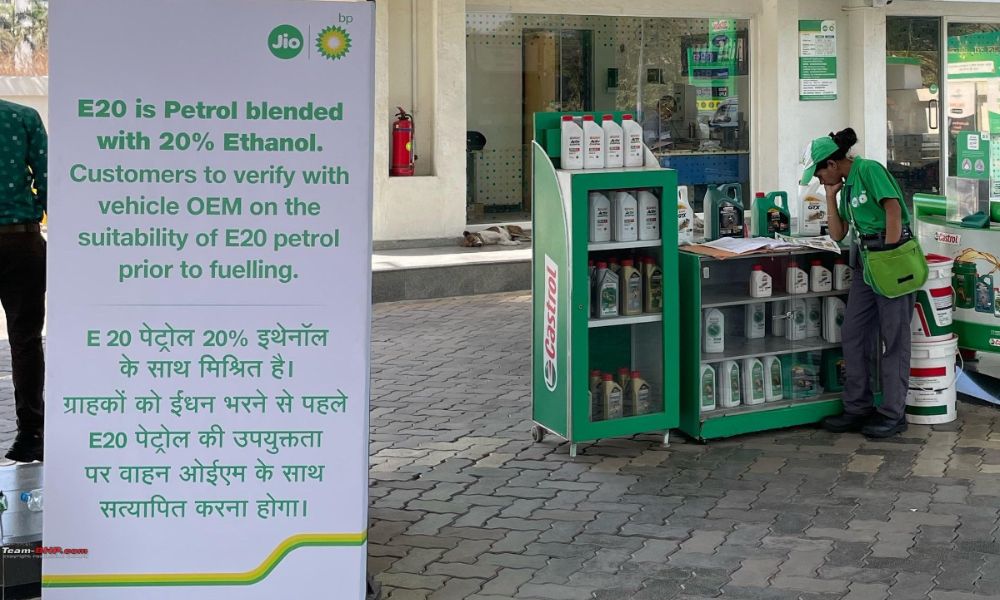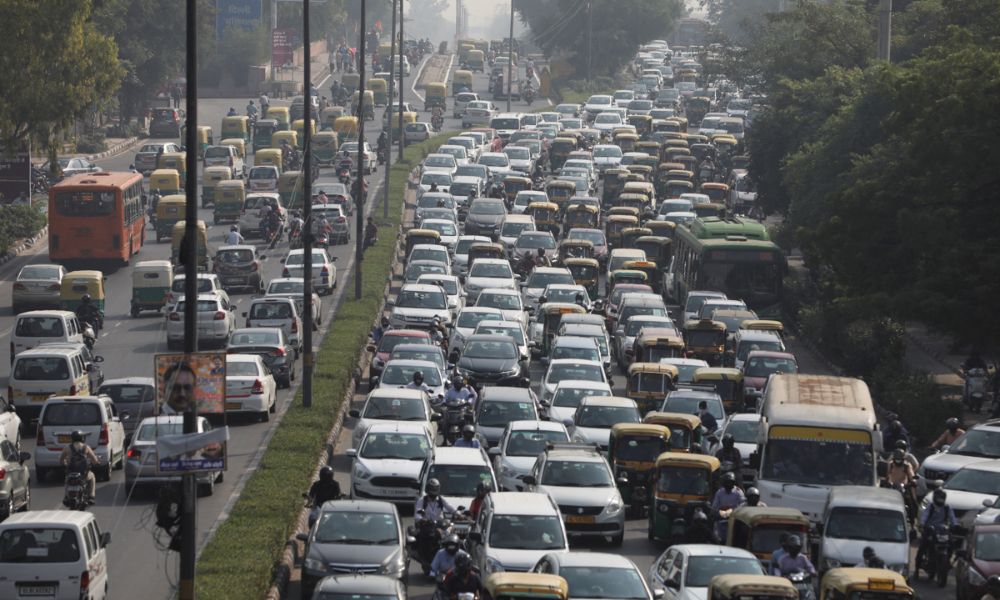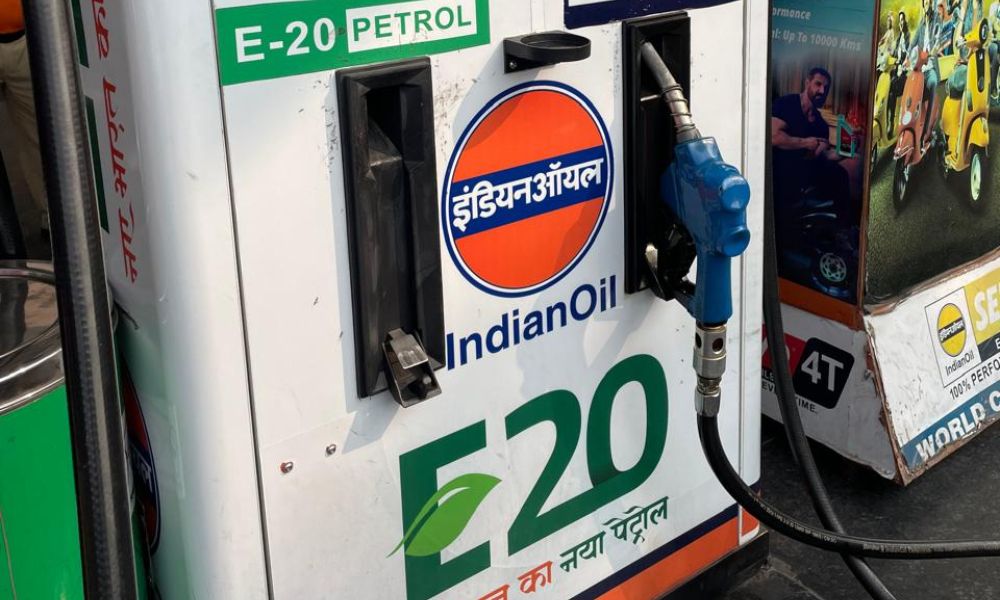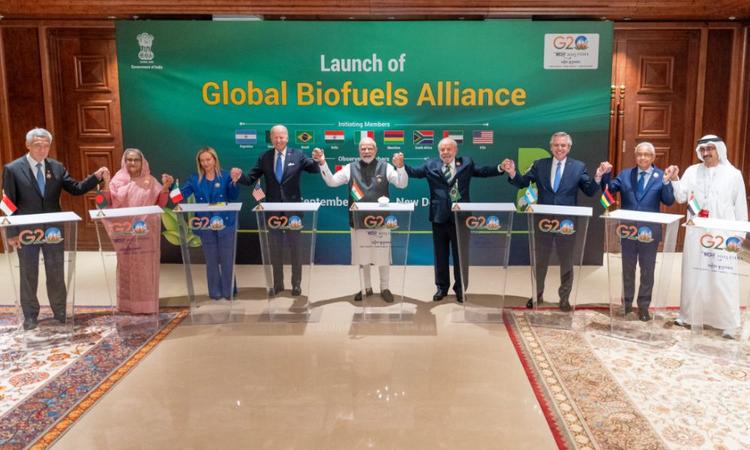PIL In Supreme Court Challenges Govt’s E20 Petrol Policy

Highlights
- PIL filed in SC against ethanol-blended petrol
- Argument for consumers rights & against govt decision
- Petitioner argues that consumers' fundamental rights violated
An advocate has filed a Public Interest Litigation (PIL) in the Supreme Court challenging the Union Government’s Ethanol Blending Programme. Under the government’s ethanol programme, petrol to be sold across the country is to be blended with 20 per cent ethanol (E20). The petitioner, an advocate named Akshay Malhotra, has argued that making only E20 available at fuel stations, without providing consumers the option of ethanol-free petrol, violates the fundamental rights of millions of vehicle owners whose vehicles are not compatible for ethanol-blended fuel.

The petitioner also says that such a programme by the government, without creating public awareness, violates the right of the consumers to have an informed choice as per the Consumer Protection Act, 2019.
According to the plea, use of E20 (petrol blended with 20 per cent ethanol) adversely affects fuel efficiency and can lead to corrosion of various vehicle components and could possibly impose additional costs and safety concerns on consumers.
Also Read: Is Your Vehicle Safe To Run On Ethanol-Blended Petrol?

The PIL also argues and states that vehicles which were manufactured in India prior to April 2023 are not compatible with ethanol-blended petrol. Moreover, vehicles as recent as two-years-old, while being BS6 compliant, are also not compatible with 20 per cent ethanol blended fuel, though they may be compatible with 10 per cent ethanol blended petrol, or E10.
Also Read: Ethanol Now More Expensive Than Petrol, Says Government
The PIL has sought directions from the Supreme Court to ensure that petroleum companies continue to make ethanol-free petrol available in the market. In addition, he has sought that proper labelling is carried out at fuel pumps to clearly indicate that blended petrol being sold is E20. The petitioner also points out that though petrol is mixed with 20 per cent ethanol, its price has not come down, and any cost benefits are not passed on to the end consumers.

The PIL also mentions global practices, such as in the EU and the US, where ethanol-free petrol is still available, and blended fuels come with clear labels at petrol stations so consumers can make an informed choice. In India, in comparison, motorists and consumers have been kept in the dark and petrol stations sell only ethanol-blended fuel with no disclosure at all of what type of fuel is going into their vehicles, and how they will affect their performance.
Related News/Reviews
- Home
- News
- Latest News
- PIL In Supreme Court Challenges Govt’s E20 Petrol Policy












